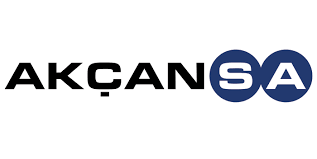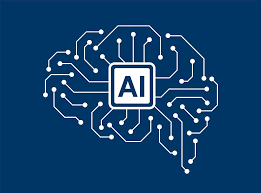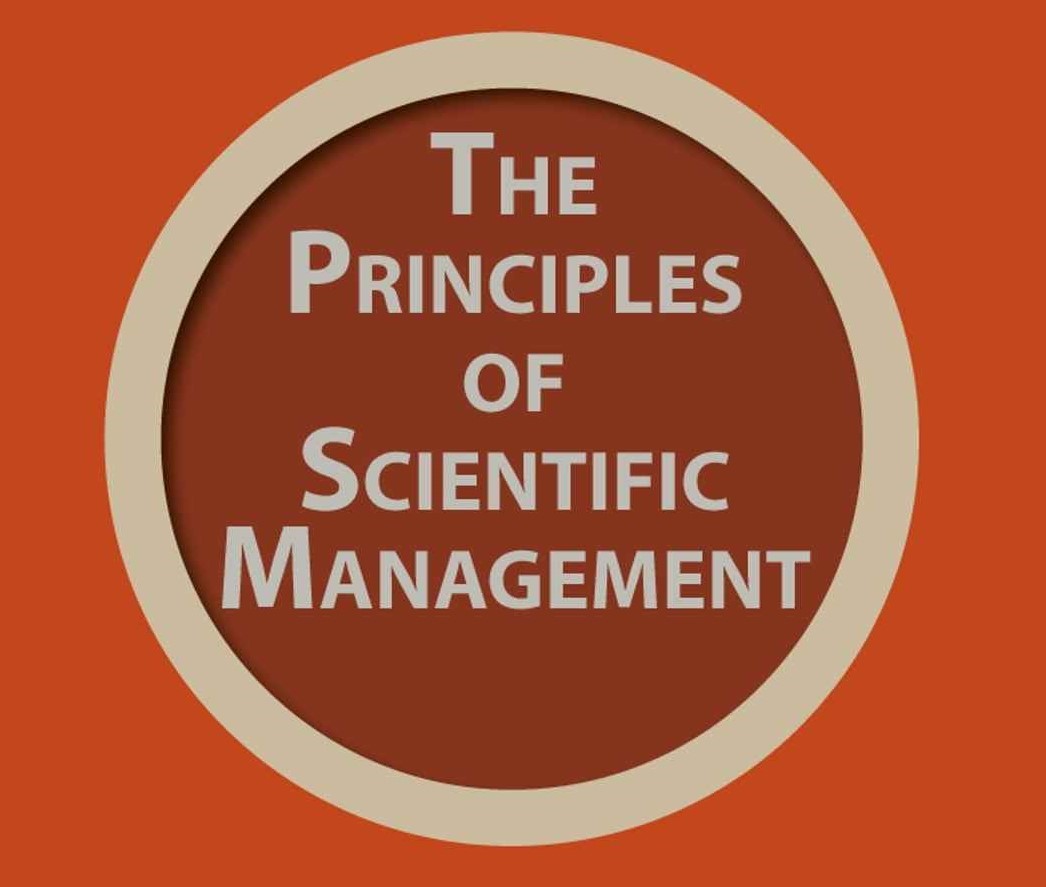03 Ocak 2017 6478 0 AGILE DEVELOPMENT Hakan Aksungar
Agile Scrum Principles
Agile is a software development philosophy and Scrum is a popular framework under the Agile banner. Agile has clear focus on the following entities
- People
- Values and
- Commitment
We can definitely employ the following behavioural aspects during an agile business process
- Transparency in working with customers.
- Constant and Continuous Inspection of business process and deliveries to customers.
- Adaptation of new processes/policies to serve customers having dynamic requirements.
The Agile Manifesto mentions the following pointers worth mentioning now:
- Individuals and Interactions over Processes and Tools
- Customer Collaboration over Customer Cooperation
- Responding to Change over following a given plan
- Demonstrate working software over comprehensive literature and documentation.
Other frameworks under Agile include
- Kanban,
- Lean,
- DSDM (Dynamic Systems Development Method),
- XP (Extreme Programming),
- AUP (Agile Unified Process)
- LESS (Large Scale Scrum) and
- SAFE (Scaled Framework Agilest)
- Of all these our main focus is on Scrum. Scrum is an empirical process where we constantly inspect and adapt to the needs of customer. This is needed where requirements are dynamic by nature.
- Agile and Scrum processes do not work when program requirements are clear and when the requirements do not alter during execution of program. Likewise classic waterfall methodology is unsuitable for dynamic requirements of any customer.
- Scrum is a lightweight framework which is simple but not easy. It is all about getting started in 10 minutes and the following pages 2 pages house some details on Scrum.
- Scrum can definitely be used in alliance with other agile frameworks like Kanban, Lean or even XP. It is hinged on the decision of what business problem needing attention by any given customer at that instance.
Scrum talks about the following entities
ROLES:
- Product Owner – the orchestrator of the Scrum process
- Scrum Team – the persons who execute the bidding of the Product Owner with the Scrum Master and
- Scrum Master who is the servant leader for the Scrum community
- No other roles like tester, business analyst, project manager are allowed.
ARTIFACTS
- Product Backlog the Master Wish list of the Product Owner
- Sprint Backlog/Release Backlog (if a Release comprises multiple sprints),
- Product Increment which is the MMF (Minimal Marketable Feature), and the MVP (Minimum Viable Product).
EVENTS
- Daily Scrum Meeting
- Sprint Planning
- Sprint Review
- Sprint Retrospective
- Product Backlog Grooming or Refactoring or review
- Definition of Done.










